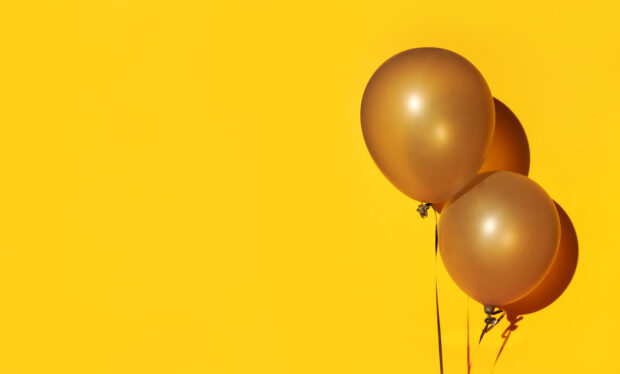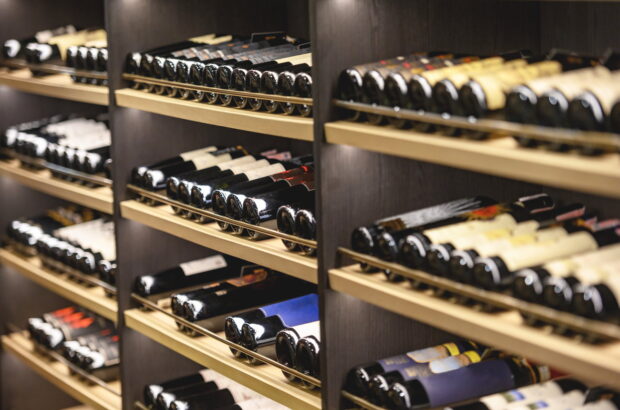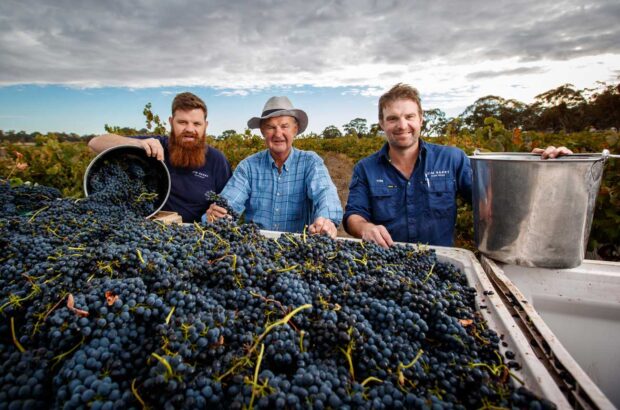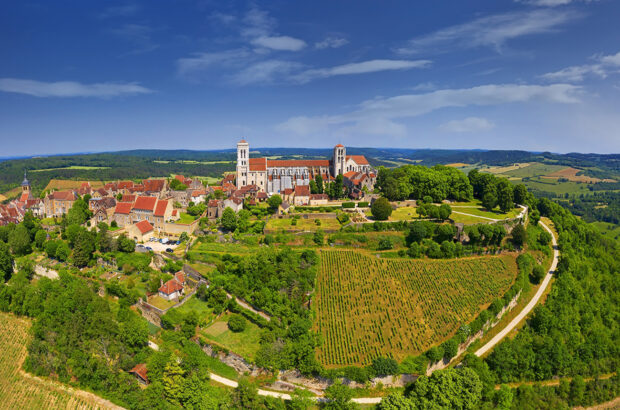‘The speed of change in New Zealand wine leaves me breathless,’ writes Elin McCoy after visiting the country for tastings earlier this year.
Just before the annual Central Otago Pinot Noir festival in January, I was dutifully working my way through an Air New Zealand tasting in a boring hotel conference room in Queenstown, when I was bowled over by a sparkling wine I’d never heard of before.
The non-vintage No1 Family Estate, Reserve from Marlborough had the fresh, complex, salty, biscuity-rich finesse you find only in Champagne – and very good Champagne at that.
The experience reminded me how much pleasure I get from an unexpected wine discovery, and how many surprises New Zealand always seems to deliver.
These start with the country itself, a place where you feel you can glimpse the planet’s beginnings in landscapes heaved up by earthquakes and scoured by glaciers.
Vines hug slopes of steep, jagged peaks, sit above long shining lakes and ocean coves, and lie next to deep rocky gorges with rushing water so clear you feel recharged just looking at it. The sky, with its intense, clear light and ever-changing swirls of clouds, looks washed by wind from far, far away.
It all leaves you a little breathless, as does the surprising speed with which the wine industry has changed and grown since my last visit to New Zealand in 2009.
See also: Top Auckland restaurants and wine bars – a Decanter guide
I caught up with the maker of the No1 Reserve, Daniel Le Brun, at a sparkling wine brunch in Marlborough later in my trip. A native of Champagne (where his family had made Champagne for generations), Le Brun arrived in Blenheim in 1978, well before the region surprised the world with its new-style Sauvignon Blanc.
Within two hours, so he says, he was convinced he could make sparkling wine there. He’d trained with his father and grandfather in Champagne, and, he chuckles, ‘I was the renegade, the first to leave since 1642’.
New Zealand’s pioneer of making solely ‘traditional method’ cuvées learned to adapt to the country’s climate while keeping Champagne yeasts and ‘other technique secrets’. His first winery, which still bears his name, was sold in a complicated takeover in 1996; his first cuvée under the No1 Family Estate label debuted three years later.
An impromptu sampling – ranging from the quality, elegance and layered chalky crispness of the basic No1 cuvée, to a fragrant rosé, to the 2009 special cuvées Virginie (named for his daughter) and Adele (his wife) – showed the region’s potential for great sparkling wine.
Elsewhere, the number of fascinating whites carried me beyond the country’s signature grassy Sauvignon Blanc to Albarinos, Gruner Veltliners, and a salty Pegasus Bay Sauvignon/Semillon whose pairing with foraged, yellow-eyed mullet was one of the best of my stay.
Naturally, I discovered some great Pinot Noir producers. In Martinborough, I was wowed by multiple vintages of pure, intense, savoury Pinots made by the extraordinary Japanese diplomat-turned-winemaker Hiro Kusuda. Their hallmarks are precision and elegance, also found in his luminous Rieslings and spicy, seductive Syrahs.
Just north of Christchurch (still recovering from the 2016 earthquake), in North Canterbury, I went truffle hunting, learning that there are 50 truffle producers in the country.
But the wine surprise was the blindingly white pure limestone I saw in Bell Hill winery’s vineyards. Once a farm with an old quarry, it’s now a New Zealand version of a tiny Burgundian domaine, where Sherwyn Veldhuizen and Marcel Giesen make some of the most prized Pinot Noirs in the country.
There’s always a frisson of enthusiasm when new wines challenge my previous assumptions. Sadly, many wine drinkers prefer to stick to the same old regions and grapes.
Large commercial wineries use focus groups to tailor their products because so many consumers feel the way my aunt does about Kendall-Jackson’s Vintners Reserve Chardonnay: she wants to know exactly what tastes she’ll get in her glass.
But wines that comfort through familiarity amount to an already known universe. Been there, tasted that. Welcoming surprise means being open to savouring the future. And in New Zealand that looks very, very exciting.
Elin McCoy is an award-winning journalist and author who writes for Bloomberg News
More articles that you may like:












